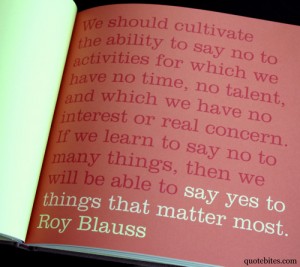 You can listen to the original teaching at the 14 minute mark of the Class 2 recording. You can download the audio from iTunes here or from the ILF website here.
You can listen to the original teaching at the 14 minute mark of the Class 2 recording. You can download the audio from iTunes here or from the ILF website here.
Examples make teachings concrete, so today, a quick (you are not being marked, so don’t panic):
Read the three scenarios below and identify whether it is an example of Accommodating, Attacking, or Avoiding.
- Alice’s son ignores her request to clean up his dishes for the third time while watching TV. Alice begins yelling at her son and a fight begins.
- Ann is afraid of her husband getting angry over the way she spends money on groceries, so Ann gives all of her money to her husband.
- Martha’s sees her coworker Jill in the hallway, Jill wants to borrow $200 to cover rent this month, so Martha quickly ducks into the ladies room.
In which of these three scenarios is power, relationship, or both lost?
Now, think of a situation you have recently experienced in your own life where, instead of saying “No” you accommodated, attacked, or avoided. How was your power in that situation lost? How was the relationship with that person affected?


